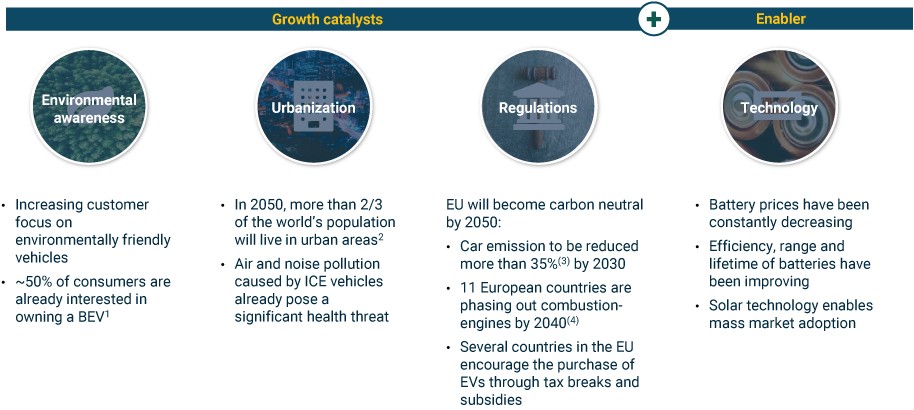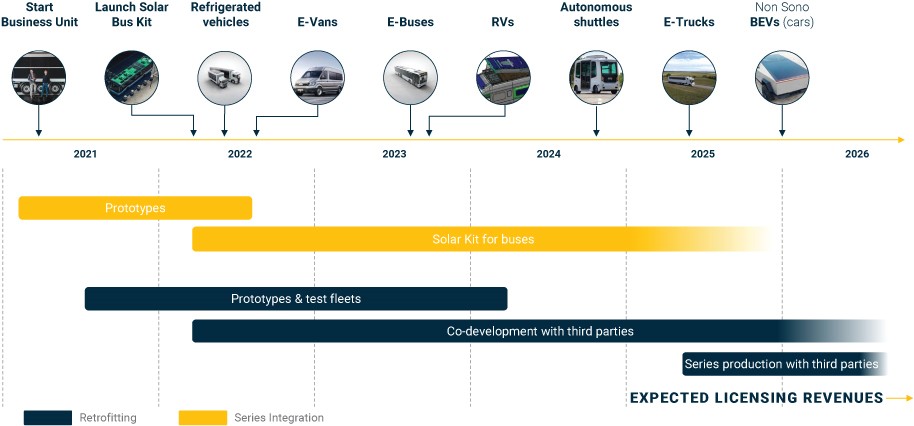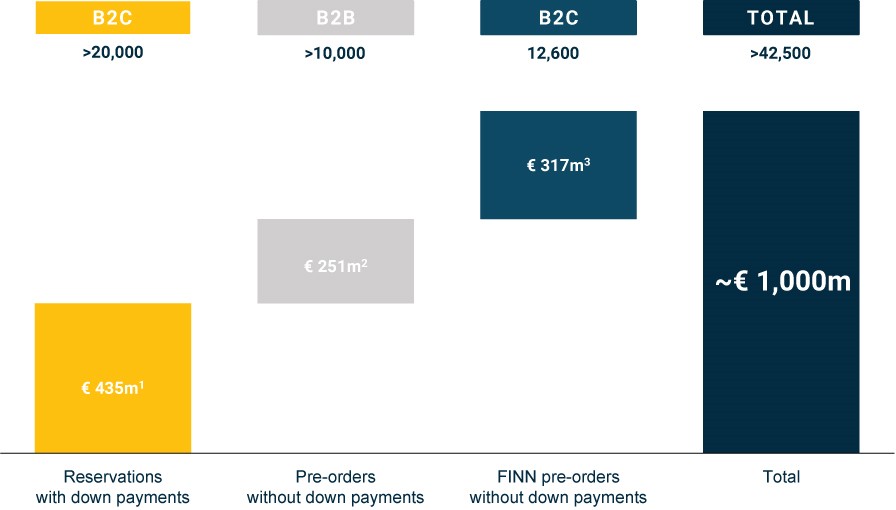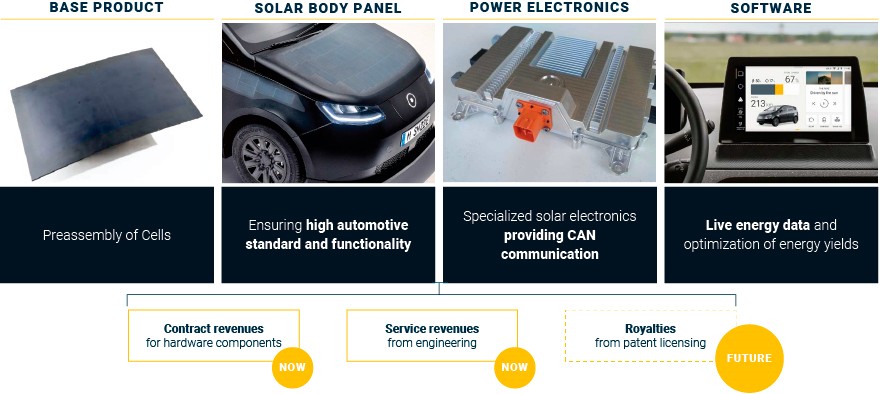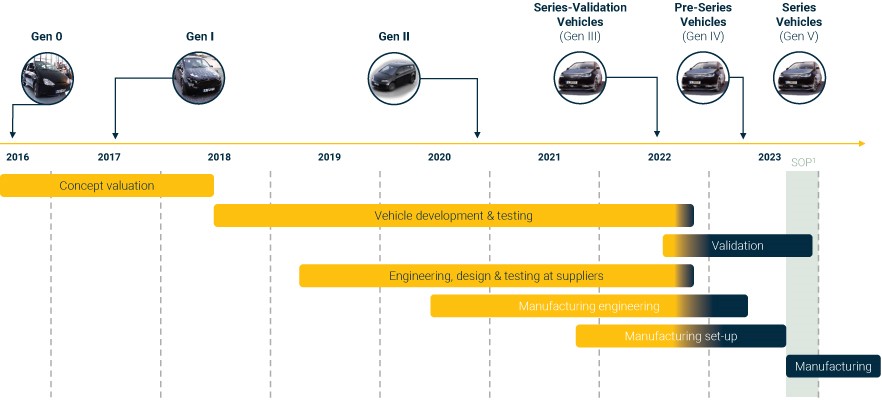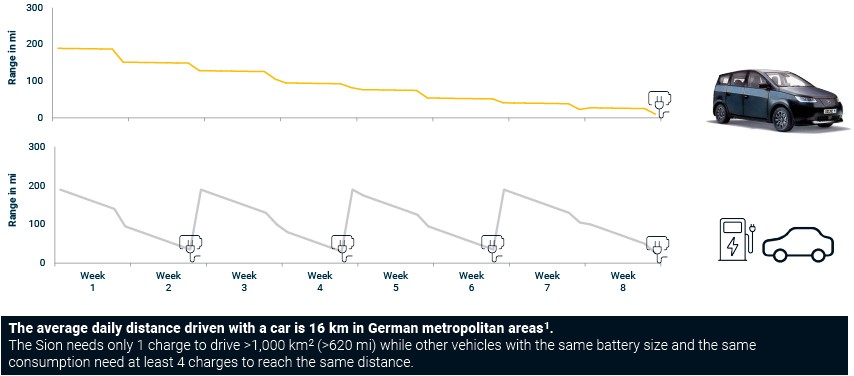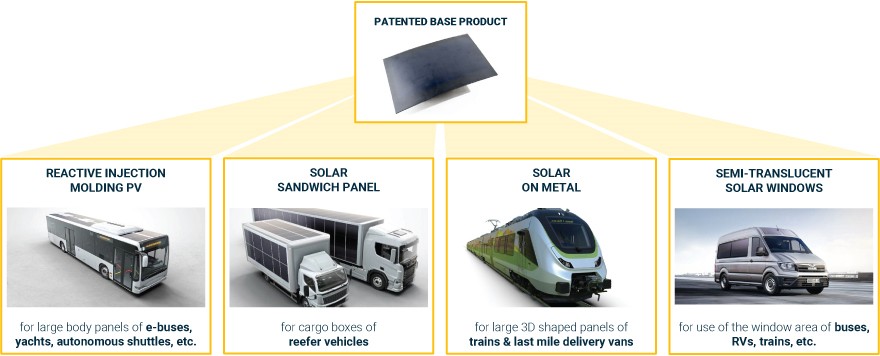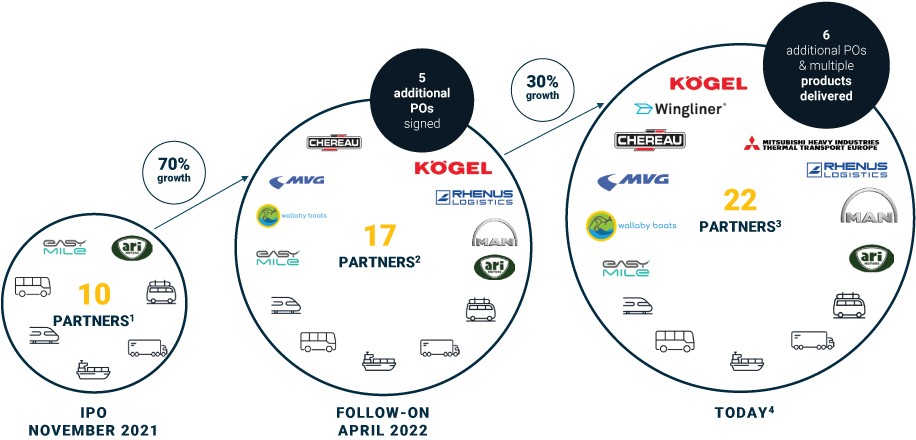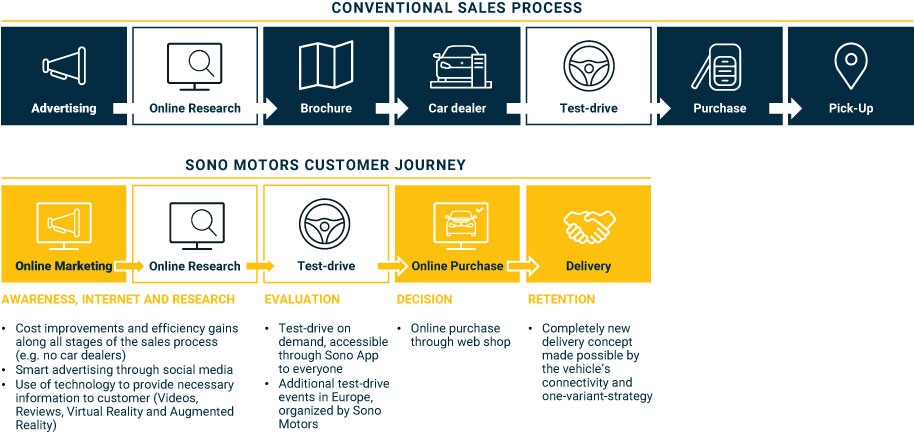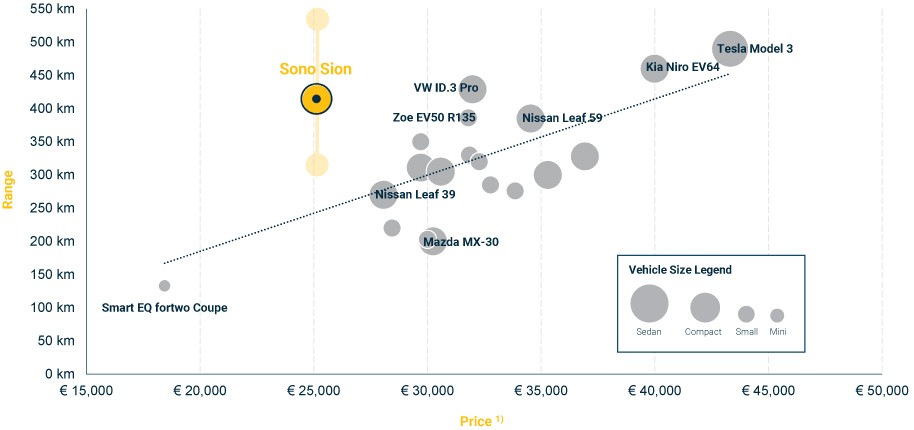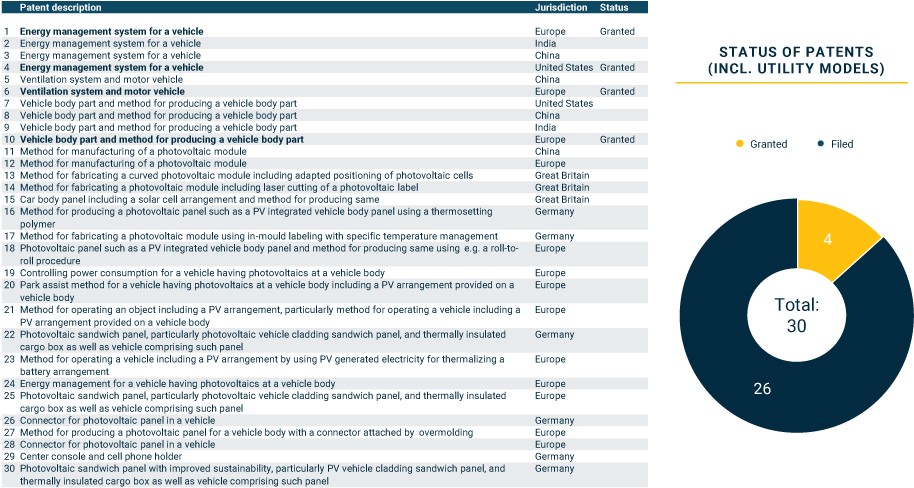not yet generated any material revenues, significantly depend on external financing and may not be able to offer potential employees attractive or competitive remuneration.
We may therefore not be able to attract, integrate, develop or retain qualified personnel in sufficient quantities or at all. Any failure to do so could adversely affect our business, including the execution of our global business strategy. Unqualified or unreliable personnel may also expose us to various risks not directly related to our operations, such as violations against insider trading laws, the misappropriation of trade and business secrets or personal data from our technology infrastructure, material incorrect entries in our accounting systems, weak management of our customer or supplier relationships or logistics management.
We are exposed to various liability risks resulting from past or existing employment relationships and labor laws.
We employ an increasing number of employees and expect our workforce to grow significantly in the short-term. However, a significant number of employees decided to leave us and we also had to terminate employment relationships with numerous individuals in the past due to various reasons. We are exposed to liability and other risks related to former employees. For example, former employees may assert that the termination of their employment relationship by us was not justified under applicable law and may seek re-employment, monetary compensation or damages. In addition, despite their termination, former employees may still claim to be, fully or partially, entitled to certain benefits granted to them while they were still employed with us, such as, for example, certain incentives, bonuses or pension entitlements.
The management of a growing workforce poses various risks and challenges, particularly in the EU and Germany, where the vast majority of our workforce is located. The labor laws in Germany are complex and rather employee-friendly. For example, the German Working Time Act (Arbeitszeitgesetz) sets out a strict framework for, among others, the length of working shifts and resting breaks, the definition of working days and holidays, work on holidays, compensation and the obligation of employers to record working times of employees. There can be no assurance that we have complied or will comply in all material aspects with applicable labor laws, which may lead to the imposition of material fines or even criminal liability and may significantly negatively affect our reputation.
We face risks related to health epidemics, including the recent COVID-19 pandemic, which could have a material adverse effect on our business and results of operations.
We face various risks related to public health issues, including epidemics or pandemics, such as COVID-19. The impact of COVID-19, including changes in consumer and business behavior, pandemic fears and market downturns, and restrictions on business and individual activities, has created significant volatility in the global economy and led to reduced economic activity. The spread of COVID-19 has also created a disruption in the manufacturing, delivery and overall supply chain of vehicle manufacturers and suppliers, and has led to a global decrease in vehicle sales in markets around the world. Various aspects of our business cannot be conducted remotely and thus may not be carried out during work-from-home periods. The pandemic may also affect the interest of our customers in our innovative car-sharing and ride-pooling networks to which each Sion will be connected. Our car-sharing and ride-pooling solution as currently envisioned may not be compliant in all aspects with relevant or potential legislation related to COVID-19 or any other pandemic, concerning aspects such as minimum distance, the maximum number of persons allowed in a confined space or others. Any cases of infections that could be traced back to the use of one of our shared vehicles, or any other car-sharing services, whether through our fault or not, could adversely affect our reputation, customers’ interest and trust in our sharing services, as well as car-sharing services in general.
The spread of COVID-19 has caused us to modify our business practices (including employee travel, work from home and cancellation or reduction of physical participation in sales activities, meetings, events and conferences), and we may take further actions as may be required by government authorities or that we determine to be in the best interests of our employees, customers, suppliers, manufacturing partners and others business partners. There is no certainty that such actions will be sufficient to mitigate the risks posed by the virus or otherwise be satisfactory to government authorities. If significant portions of our workforce are unable to work effectively, including due to illness, quarantines, social distancing, government actions or other restrictions in connection with the COVID-19 pandemic, our operations will be impacted. Measures taken to address the spread of COVID-19 may also lead to a trend to work-from-home, which could result in lower demand for cars and could negatively impact our sales and marketing activities.
The extent to which the COVID-19 pandemic impacts our business, prospects and results of operations will depend on future developments, which are highly uncertain and cannot be predicted, including, but not limited to, the duration and spread of the pandemic, its severity, the existence or emergence of potentially more infectious or harmful variants, the actions to contain the virus or mitigate its impact, the effect and penetration of vaccinations, the availability of medication and how quickly and to what extent normal economic and operating activities can resume. The COVID-19 pandemic could limit the ability of our customers, suppliers,


